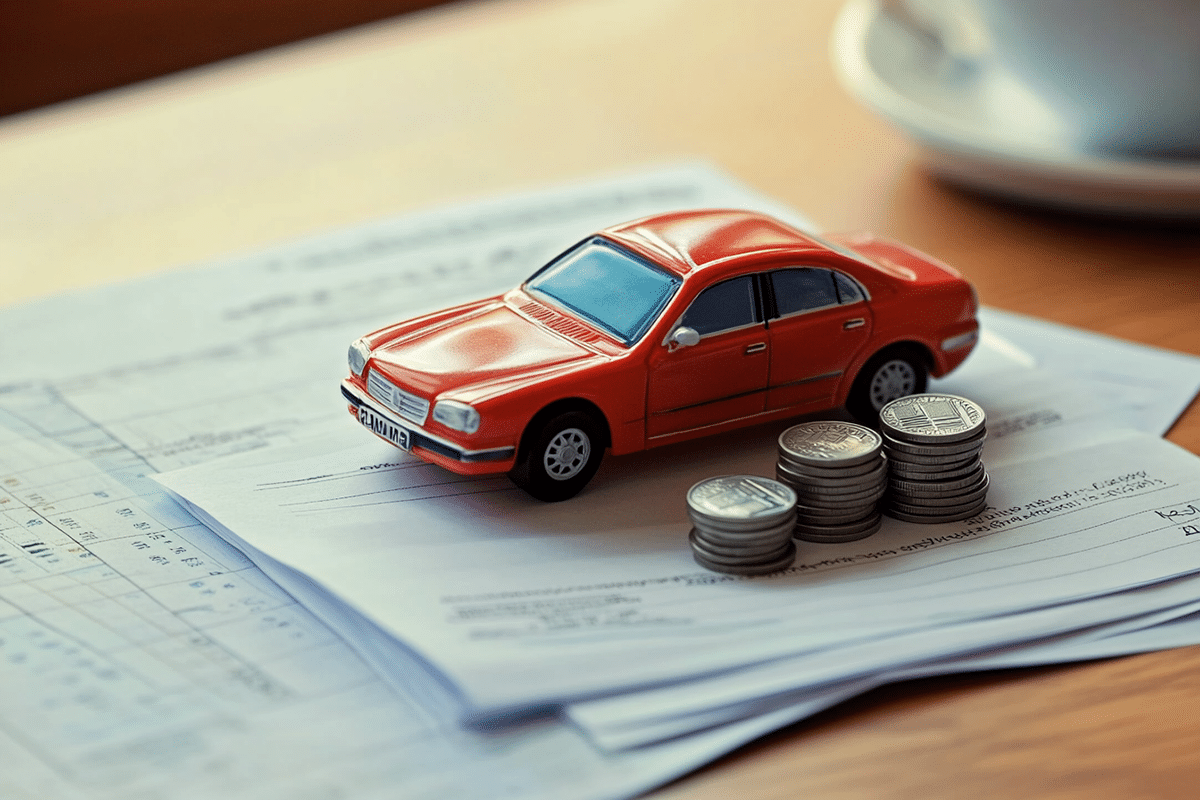Auto insurance costs have surged by approximately 20% from last year, according to the Bureau of Labor Statistics. This increase presents a challenge for many drivers who were already paying substantial amounts for their coverage. As a result, shopping around for new car insurance has become a critical strategy for maintaining affordability. However, before making the switch, there are five essential questions every driver should consider.
When Does My Current Policy Renew?
Understanding the renewal date of your current policy is crucial. Contrary to popular belief, you don’t have to wait until your current car insurance policy expires or is about to expire to purchase a new one. In fact, waiting could be detrimental. Gaps in insurance coverage raise red flags with insurers, potentially leading to higher rates from new companies.
Additionally, some insurers offer discounts for shopping for coverage well in advance of the policy renewal date. Drivers can find their last day of coverage on their auto insurance cards or policy documents. If they decide to switch companies, they should call their old insurance company to cancel the policy. Those who have paid for their coverage in advance will receive a prorated refund, ensuring they don’t lose money in the transition.
Do I Have Enough Coverage?
While shopping for new quotes, it’s an excellent opportunity to review existing coverage to ensure it is sufficient. Drivers must maintain at least enough coverage to meet their state’s minimum car insurance requirements. For those with a lease or loan on their vehicle, collision and comprehensive coverage may also be necessary.
Beyond the minimum requirements, additional coverage can be highly beneficial. For instance, owners of new cars might prefer new car replacement coverage instead of settling for the car’s depreciated value if it’s totaled. By outlining the specific coverage and limits desired, drivers position themselves better to compare and shop for car insurance that meets their needs.
Am I Comfortable With My Deductible?
The deductible is the out-of-pocket cost a driver faces when filing a claim and it significantly impacts monthly premiums. A higher deductible generally reduces premiums, while a lower deductible increases them. Reviewing the current policy to check the existing deductible is a crucial step.
Drivers should then decide whether they want to maintain their current deductible or opt for a higher or lower one based on their financial comfort level and risk tolerance. This decision will play a vital role in shaping their new policy and its associated costs.
How Is the New Company’s Claims Handling?
Claims handling is a critical aspect of car insurance that often gets overlooked until it’s needed. An insurer with efficient claims handling can make a stressful situation more manageable by providing the necessary funds promptly and without excessive hassle. The insurer should also communicate clearly about the claims process so drivers know what to expect.
Not all insurers excel in claims handling. To gauge a company’s performance, drivers should research customer reviews and consult resources like the J.D. Power U.S. Auto Claims Satisfaction Study for their region. Paying a bit more for a company with high claims satisfaction ratings can be worth the peace of mind and smoother claims experience.
How Much Will It Actually Save Me?
The primary motivation for switching car insurance is often to save money. However, the savings need to be significant to justify the switch. If the potential savings amount to just a few dollars, it might be wiser to stick with the current insurer, especially if they are known for excellent claims handling.
Drivers should consider any recent life events that could lower their rates, such as getting married or turning 25. Informing the current insurer of these changes might result in savings without the need to switch companies. Each driver must evaluate their specific circumstances to determine if switching insurers is the most beneficial move.
Switching car insurance can lead to substantial savings and better coverage, but it requires careful consideration. By asking these five key questions—about policy renewal, coverage sufficiency, deductible comfort, claims handling, and actual savings—drivers can make informed decisions that best suit their financial situation and insurance needs.




